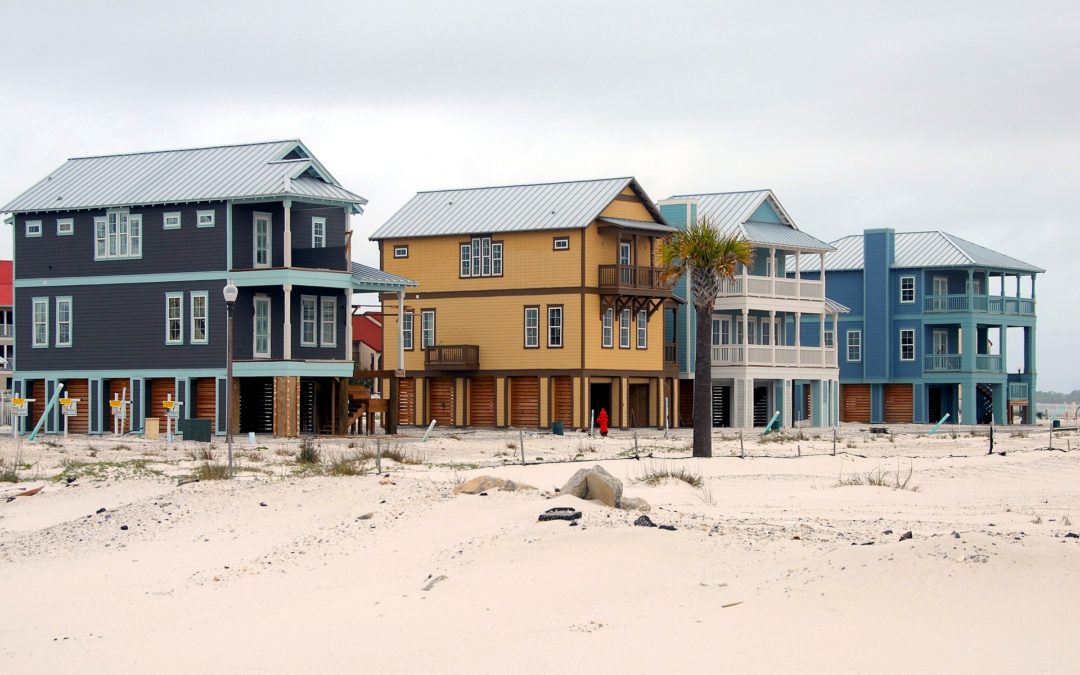The use of online platforms that facilitate short-term rentals has exploded in popularity over the past decade. Websites like Airbnb and VRBO connect property owners or “hosts” with guests to arrange the listing and booking of homes for long weekends, summer breaks, and more.
Since its launch in 2008, Airbnb has earned more than $3 billion. Reportedly, the company is raising cash at a $31 billion valuation, making it the second-most valuable startup in the U.S., trailing only Uber. Until recently, these rental platforms have largely operated without regulations, leaving local jurisdictions scrambling for solutions.
Litigation surrounding these online platforms also has surfaced. Businesses and housing providers alike, including hotel associations, apartment companies, local municipalities (cities and counties), neighborhood associations, and of course, community associations, are currently grappling with short-term rentals’ place in their sectors. In the past two months alone, CAI has been asked to submit three separate amicus curiae (friend-of-the-court) briefs detailing the positive and negative impacts short-term rentals have on community associations. Briefs have already been filed in Park La Brea A LLC v. Airbnb, Inc. and HomeAway.com, Inc. and Airbnb, Inc., v. City of Santa Monica explaining the impact of short-term rentals to the United States Court of Appeals for the Ninth Circuit.
While some businesses find permanent bans on companies such as Airbnb and VRBO an appropriate remedy, community associations are fluid in their short-term rental policy. Many community associations’ governing documents have leasing restrictions prohibiting rentals for transient purposes. In other words, short-term rentals may be prohibited. After all, the nature of short-term rentals is not intuitively harmonious with the community association housing model, which focuses on bringing people together, strengthening neighborhood bonds, and promoting a sense of community and belonging.
However, associations are incredibly diverse, and we recognize there are some communities where short-term rentals are appropriate and desirable by residents. Short-term rentals can provide considerable income for some owners, particularly those in vacation destinations and resort areas.
Therefore, regulations need to be consistent with the community association housing model of self-governance, where residents determine what is best for their community. Community associations should be allowed to tailor policies that meet the character, culture, and desire of their homeowners.
CAI encourages policymakers to engage industry stakeholders, including community associations, on the issue. In 2018, CAI has tracked 57 short-term rental bills in 20 states and more than 800 ordinances in local cities, counties, and townships. It is crucial that the voice of community associations is heard when it comes to regulating the short-term rental industry. CAI supports short-term rental regulation that is consistent with federal, state, and local laws and serves to protect and preserve the ability of community association homeowners to manage their affairs.
To learn more about CAI’s Short-Term Rental policy check out our public policy page. Share this useful guide with residents in your community who choose to make their home available on sites like Airbnb and VRBO.




There’s commentary in Times of San Diego about business models like the one described here in Phoebe Neseth’s article. It’s something I wrote that ran, May 27, in the opinion section of the San Diego news and opinion site.